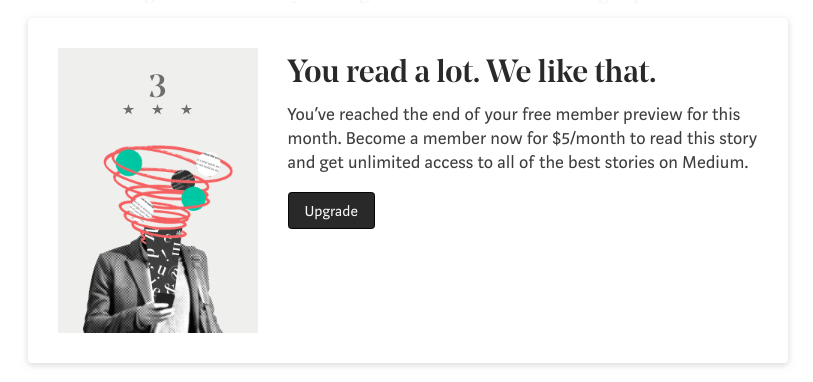It's that time of the year when a lot of people are starting to share their retrospectives of the last 12 months - greatest hits type profiles of their biggest 'wins', most exciting adventure, and such like.
 And it struck me that although I'm now entering my 14th year of being self-employed, I've never actually done one on myself. So, in the spirit of the season, and in keeping with the adage of "try everything once apart from morriss dancing* and incest", here goes:
And it struck me that although I'm now entering my 14th year of being self-employed, I've never actually done one on myself. So, in the spirit of the season, and in keeping with the adage of "try everything once apart from morriss dancing* and incest", here goes:
As this is my first one, I thought I'd try and start with something relatively straightforward and simple - what did I write/post about over the year that caught people's interest and imagination the most?
As some may know, I don't place much stock in social media analytics, so don't have fancy dashboards that track my activity across all my social media channels (and there's rather a lot of it!). So what I've done in the 'keep in simple and quick/easy to start' philosophy is to use the dashboards that are built into my blog site, and on twitter, to try and spot which post on each got the most impressions (people coming across it and reading it), as this seems to me to be the 'right' count for the sake of consistency and continuity?
But enough already, you cry! What's the result - what did I post about this year that got the most people talking, thinking, and otherwise pausing for a brief moment because it chimed with what they're thinking about or trying to work on more (cue drum roll...):
On my blog - it was my post reflecting on my latest social impact report on myself, and how I'm now aligning it to the UN's Global Development Goals:
On twitter - it was celebrating my being named as the most innovative in the UK in developing new csr models:
At first glance, this might seem a bit narcissistic (something it's been suggested I am in the past by Liam Black), but I'd like to think there's something more encouraging to be taken from this - because to me, what ties both of these posts together is something about being a responsible business: not just in a 'tick box', "we'll help raise some money for a local charity" kind of way, but something deeper about how people are wanting businesses to keep stepping up to the mark and do the right thing by everyone (not just their owners).
This idea also fits with recent national surveys highlighting that public trust in businesses is at an all-time high, while it's at an all-time low in charities, and I'd rather not go into how people are feeling about the government...
So, 2018 - the year that businesses not only heard the rallying call to be the leaders and supporters of society and local communities that we the people are needing, but have also started to try and figure out how they best answer it..?
* sadly I recently came across a photo my mum took of me as a young child dressed in morris dancing attire, but I'm determined to never do a 'luke skywalker'...















